6 Important Things to be taken care before you Switch your Career to Selenium Automation Tester
Category: Selenium Posted:Jan 30, 2017 By: RobertSelenium is an open-source automated testing suite which has been designed for web applications spanning across different browsers and platforms. While being similar to HP’s Quick Test Pro (QTP), Selenium concentrates on automation of web-based applications. It is a collection of different tools, and it also has different developers as well.
Selenium was created by Jason Huggins in 2004. He was an engineer at ThoughtWorks and while working on a web application that needed repetitive testing. To increase the efficiency of the repetitive testing and control browser actions he invented a JavaScript program called “JavaScriptTestRunner”. The potential for this was quickly realized and it was made into open-source and renamed as Selenium Core.
Selenium is a whole lot more than an individual tool and consists of a host of software’s, each of which cater to different testing needs of an enterprise. It has four elements:
- Selenium Remote Control (RC)
- Selenium Integrated Development Environment (IDE)
- Selenium Grid
- WebDriver
As of now, WebDriver and Selenium and are merged into a single framework to form Selenium 2 and Selenium 1, now refers to Selenium RC.
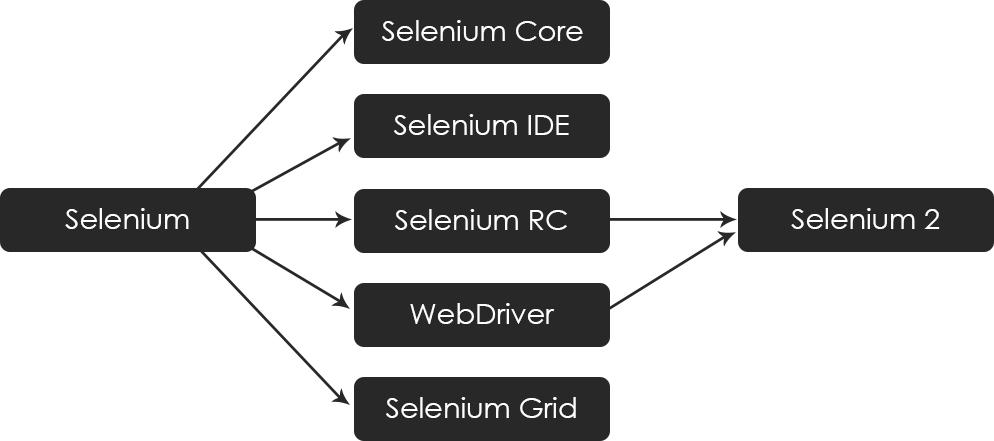
To help assist you as a professional through the career of Selenium professional here are six essential things to be taken care of before you switch your career to Selenium.
Learn Selenium from Industry Experts
1. Skills required for Software Testing
The process of validating a computer program to ensure it meets the specified requirements and generates the wanted results, while identifying bugs in the software product. Testing is deemed as indispensable in the Software Development Lifecycle (SDLC).
Software Testing is indispensable to provide a quality product without any bug or issue.
The given skills are vital to become a great software tester.
- Analytical skills: Analytical skills helps to divide a complicated software system into smaller functioning units to gain an enhanced understanding and to generate test cases. A great software tester will always have highly developed analytical skills.
- Communication skill: Test strategies, test cases, bug reports etc. which are known as testing artefacts are generated by the software tester and should be easy to comprehend and read. Testers will have to interact with developers when a bug has to be handled or to trouble-shoot other issues. This would require a good deal of diplomacy and discreetness.
- Time Management and Organization Skills:Software testing is a demanding job and this is especially true during the time of code release. A code tester should be able to efficiently manage workload and exhibit high productivity and optimal time management and even overall organizational skills.
- Positive Attitude:To be a great software tester a great attitude which is positive is necessary. A test to break attitude and approach is required for a good tester which refers to testing every part of code that can break. Taking ownership of a task and completing it without a whole lot of direct supervision.
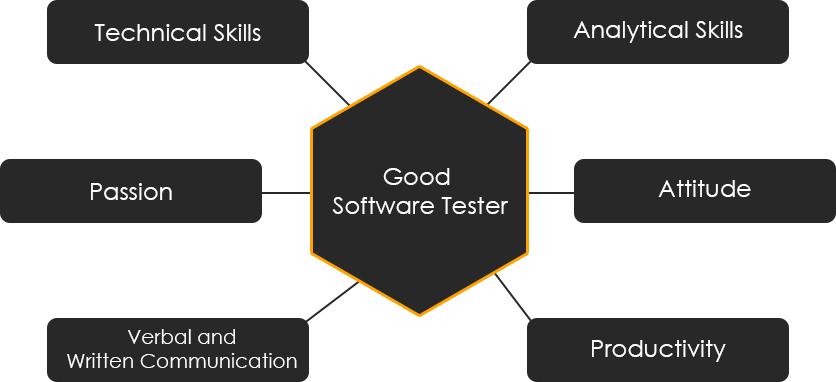
These under mentioned Technical Skills are just as vital in taking up testing as a career:
- Basic knowledge of Database/SQL is a must: To facilitate data validation it is necessary to possess a good knowledge of databases such as Oracle and MySQL. This holds true because software systems are said to contain massive amounts of data in the background. SQL Queries ranging from simple to complex can be utilized to verify if proper data is stored in the specific backend database.
- Basic knowledge of Linux commands: A good knowledge of Linux commands is crucial for testers to be successful in their career. This is mostly because the applications such as Databases, Web-services and application servers.
- Knowledge and hands-on experience of Automation tool: To be a great tester one needs to have a good knowledge of tools used to automate testing of applications such as Selenium, HP UFT/QTP, and also performance testing tools like Loadrunner and Jmeter. And also ETL testing tools such as Informatica and Abinitio etc. are useful in this regard. Along with a good grasp of the automation tool, it is also essential to have great hands-on experience with a tool of one’s choice to establish mastery over the tool. In case of Selenium, you should be aware of Java Programming. Performance testing tools are also seeing their day in the sun with such tools being required for testing the performance of applications which is a major component of non-functional testing.
- Knowledge of any scripting language will be a plus point: A good hold on scripting languages such as Javascript, C# and VBScript is very useful for someone looking out for a job in testing. While some companies also use Perl or Shell scripting and hence there is a huge rise demand for testers in the same domain.
- Knowledge and hands-on experience of a Test Management Tool: Test management techniques are important and a staple part of software testing, and pertains to the management of testing artifacts. It is a known fact that the success of a software testing process is entirely contingent upon the proper test management techniques. A good example for this is the Testlink tool use to track test cases written by a team.
- Knowledge and hands-on experience of any Defect Tracking tool: One of the critical tasks in software testing is defect tracking and the defect lifecycle which are cornerstone aspects of software testing. This is vital for managing defects in an organized manner and tracking the same in a suitably systematic manner. Defect tracking is of such crucial importance since the team has to be appraised of existing defects to ensure efficient management of the same. Tools such as Jira, Bugzilla etc. are used for this.
Top 10 Selenium interview questions to prepare
While it is good to have most of the skills that is listed here, it is not mandatory to know all of them. But this is a ready reckoner for the universal set of skill required for a software tester to succeed in testing.
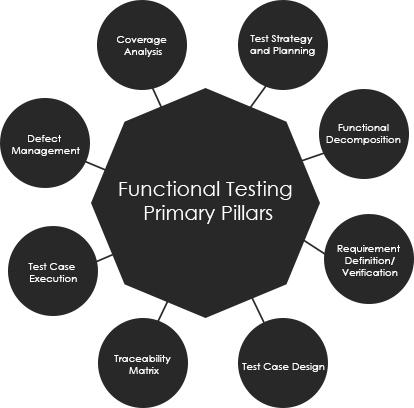
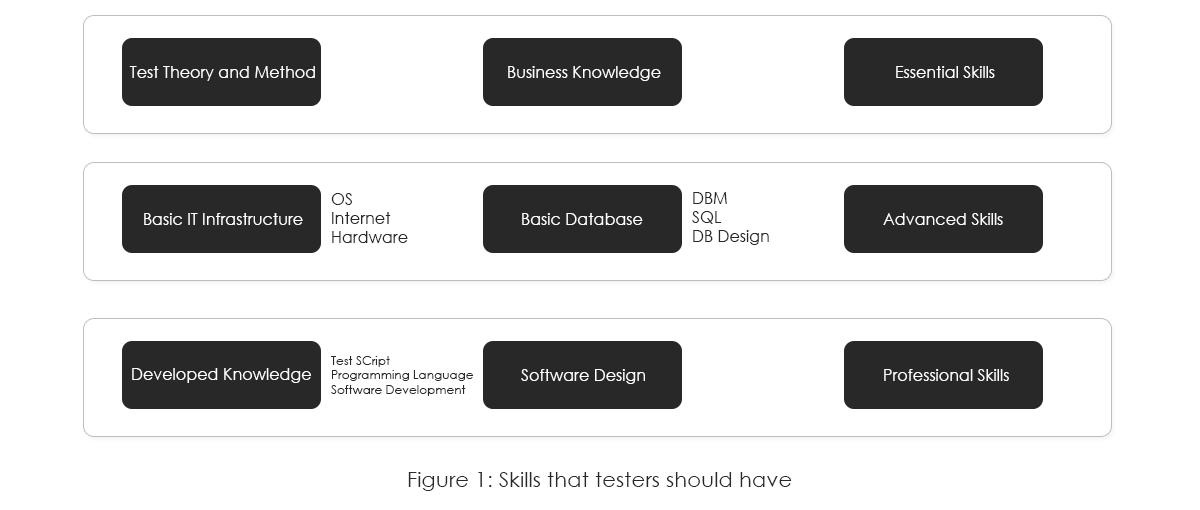 2. Academic Background:
2. Academic Background:
It is desirable for a software tester to have an academic background should be in Computer Science.
An engineering degree or bachelors or a master’s degree in Computer Science Engineering or Information Technology will be sufficient for someone to land a job as a Selenium tester.
It is desirable to have a background in engineering or science. Any lack in both thereof can be made up by taking up a suitable certification in Selenium which will equip a professional with the necessary skills to work on the tool. It will also provide hands on experience in terms of a project which will be part of the certification.
3. Remuneration
Compensation of a software tester varies from company to company. Average salary range of a software tester in the US is $45,993 – $74,935. Average salary range of a software tester in India is Rs 247,315 – Rs 449,111. Also, a software tester is also given health insurance, bonuses, gratuity and other perks.
As of January 18 2017, the average salary of a Selenium professional is around $80,807 per year according to the global job portal- Indeed.com.
According to payscale.com the average salary for an automation engineer is Rs 465,163 in India and around $72,734 approximately per year in the USA. Given below is the chart for various professionals working on Selenium with designations ranging from QA Engineer and Test Engineer to Automation Engineer. The first chart is for India and the second for USA.
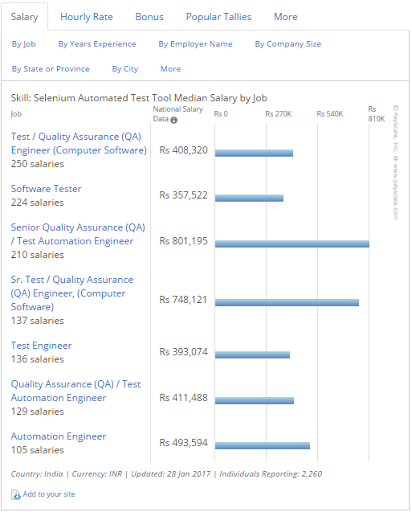
Salary of Selenium Professionals in India
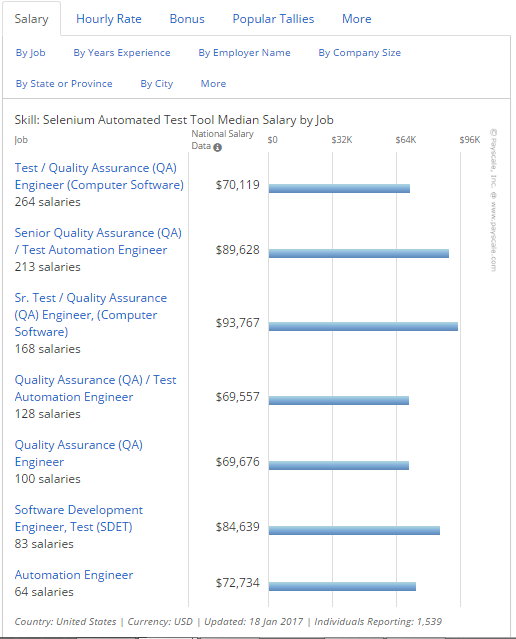
A Guide to Learn the Best Web Automation Suite- SELENIUM
4. Career Progression
Your career progression as a software tester (QA Analyst) in typical CMMI level 5 company will look like the following but will vary from company to company. This will depend on the skill level of the employee and the previous experience as shown:
QA Analyst (Fresher) => Sr. QA Analyst (2-3 years’ experience) => QA Team Coordinator (5-6 years’ experience> =>Test Manager (8-11 years’ experience) => Senior Test Manager (14+ experience)
Given below is a detailed infographic on how the career of a tester will progress with time.
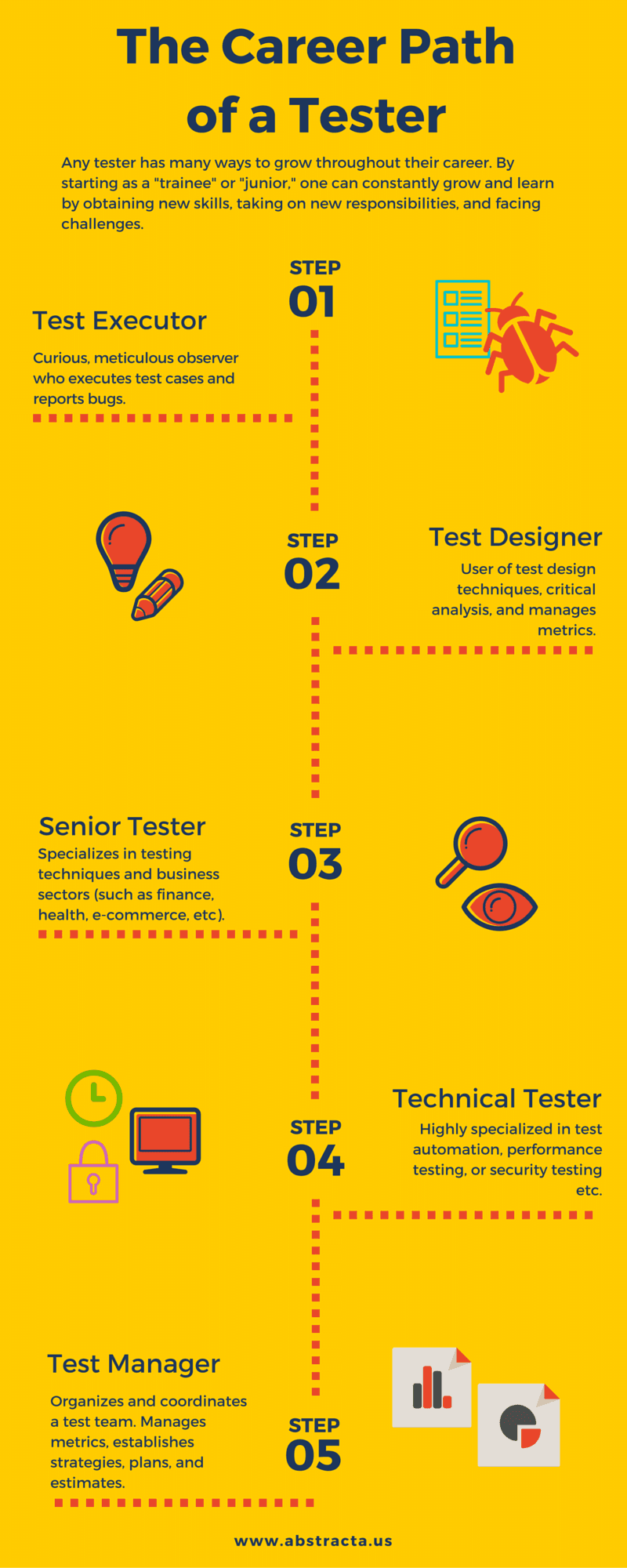
Image source : www.abstracta.us
5. Selenium Automation testing, as a career option
Since Selenium is an open-source tool and support for the same exists for all the browsers that exist currently. It also supports popular programming languages such as Perl, Ruby, Java and .Net allowing the user to pick and choose the one that suits them the best.
Given below is the current trend of Selenium versus QTP
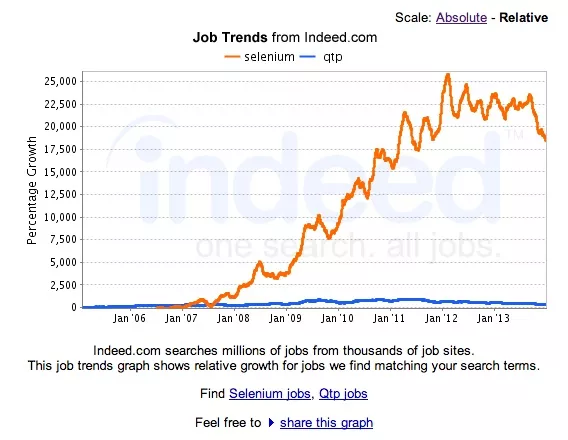
There are massive amounts of opening for Selenium testers. It is best to learn the basic concepts of Java and then go on to learn Selenium.
Register for a Free Live Webinar Today
If one is learning java it will provide a wide variety of choices with code libraries that can be utilized for almost any case or scenario. The market for Selenium testers is said to be wide open with Selenium aspirants being able to join a great IT company to progress as a software tester with either little or no project experience.
The market trends of test automation are found to be changing rapidly with Selenium seeing exponential growth in short periods of time. Selenium makes it convenient for functional testing at the start of the development itself. This is very much unlike many of the other enterprise tool products which mainly enable regression testing.
Selenium makes it convenient for clients to receive return on investment much faster than otherwise possible by reducing the number of cycles involves in testing. It is important to remember that, as an automation test engineer one should have sufficient domain knowledge on the particular application that they are automating (which goes without saying). Engineers no longer are used to automation by visual observation of test steps.
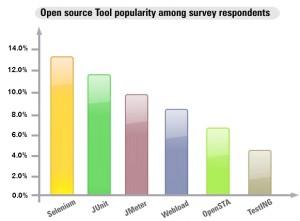
The demand for Selenium is shooting up in the automation tools domain since corporation are increasingly making use of web applications. This being said, A lot of vendor tools providers are supporting Selenium technology and using the same to automate web application testing. The mentioned tools are said to work around Selenium as a wrapper by joining Selenium Web Driver with the backend architecture. This kind of integration will help test client applications along with testing web applications through interactions obtained by pulling the APIs.
The areas that see a bright future are shift left testing, DevOps, continuous integrations and containerization. QA enterprises and test automation engineers can find highly exciting opportunities in the fields of Big Data, Mobile and API testing.
The global testing market is estimated to touch US $50 billion by 2020 by NASSCOM.
6. Advantages of the Selenium Tool
The look and feel of a web application is required to be tested across many web browsers to deliver user experience that is flawless and perfect. A bevy of test automation tools are relied upon by testing professionals to test web applications most effectively. Such tools most often fail to test the application when changes and enhancements are made to the code on a frequent basis. This is where Selenium, as an open-source test automation tool trumps. Selenium makes it easier for testers to evaluate the respective web application without investing any extra time and effort. Before taking up a career in Selenium it is best to understand the advantages of Selenium.
Advantages of Selenium
- Same Test Script can run on Multiple Web Browsers
QA engineers frequently are required to write several test scripts to check the performance of web applications across various web browsers. Selenium permits testers to write the test script a single time and run the same on several web browsers. This particular feature of Selenium permits developers to test complicated web applications with pushing up the number test cycles. They can go on to check how the application fares across different browser versions.
- Option to Choose Programming Language
A few test automation tools needs testing professionals to write test scripts using a particular programming language. Therefore testers are required to learn the programming language to write test scripts. In the case of Selenium, users can write test scripts using any programming language. Therefore, testers can write test scripts while leveraging the advantages of their technical expertise and knowledge. Furthermore, one can use a variety of tools to build systems, create IDE and generate reports.
- Supports Multiple Testing Frameworks
Selenium being a web application testing tool, it can also be used as a GUI driving library. Therefore the users have the choice to use Selenium for wrapping test scripts in other test frameworks. Testers also have option to integrate Selenium while utilizing any framework of their choice. Developers can integrate features of other frameworks with Selenium to make the web application deliver a richer and more flawless user experience.
- Smooth Integration with Your Existing Ecosystem
While switching to new testing tools, testers are required to check its compatibility with their existing ecosystem. Selenium can be integrated with various tools that are widely used like QMetry and Hudson. Therefore, testers are able to integrate the testing tools with the existing solutions and suite of tools. The simple and easy integration process associated with Selenium does not need the users to additionally invest in commercial tools.
Advantages of Selenium
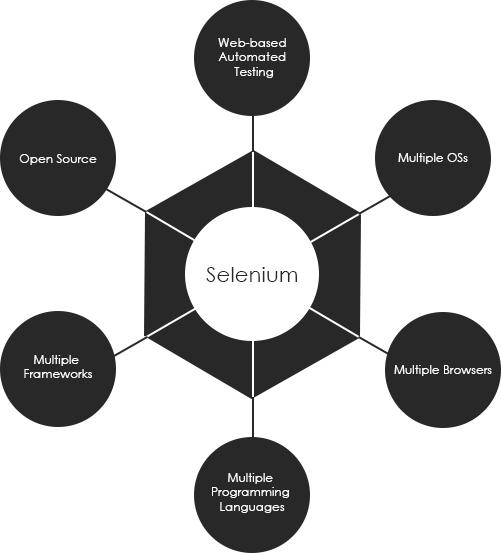
Conclusion
Selenium is probably the best option for automated testing of Websites today. It is becoming increasingly popular with its use rising exponentially as time goes on. It is the first choice of automation testers as well as organizations for automating the testing of Web-based applications for both the GUI as well as the functionality. Selenium can also be used as a unit testing tool for JavaScript. With a bright future awaiting anyone who takes up a career in Selenium testing, it is definitely the right choice for professional who aim to make a name for themselves in testing and automation.

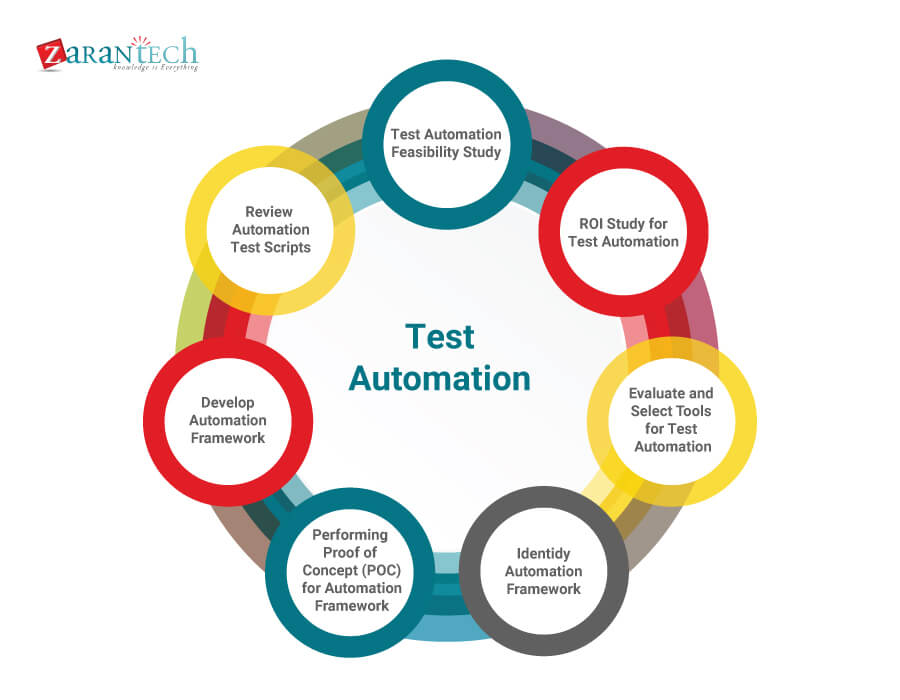

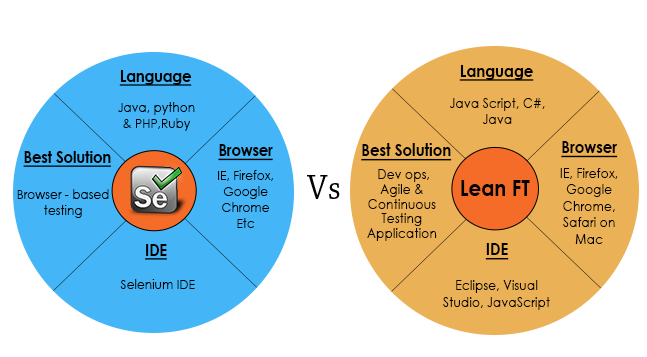
 99999999 (Toll Free)
99999999 (Toll Free)  +91 9999999
+91 9999999